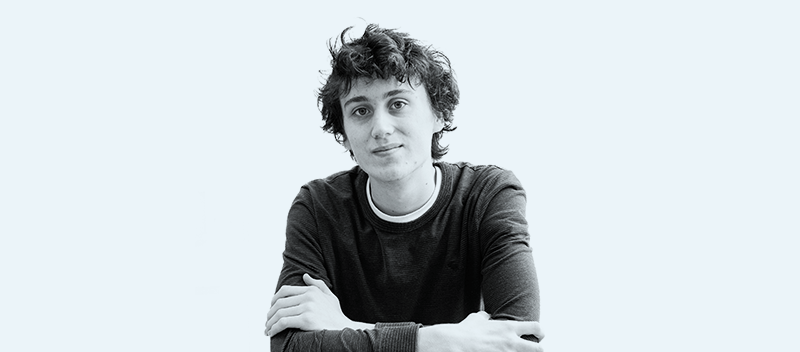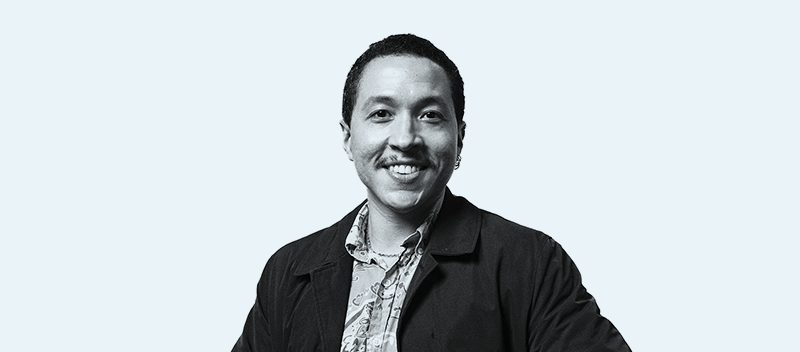So I had parked my bike outside Impulse once again, walked around a bit, and seen the usual suspects. A bunch of oystercatchers and a few starlings. Some coots, looking a bit hunchbacked as usual, as if they’ve been bent over their computer screens for too long. The pair of swans on the pond – the female already brooding, the male making sure intruders observe social distancing from the nest.
And then, on top of the Forum – a peregrine falcon! It is a regular sight in the sky above the campus, but that doesn’t detract from how special it is. The fastest animal on earth, its diving speed more than three times that of a cheetah, enabling it to catch enormous prey on the wing, even herons. Well, no doubt my readers have known all that for a long time. The peregrine falcon is iconic.
I thought about the newspaper articles about wild animals that are turning up in the middle of cities, now we’re in lockdown. Real top predators like pumas in Santiago, Chile, and crocodiles in Cancún, Mexico. Fabulous, but temporary. As soon as the lockdowns come to an end, they’ll be gone again. Luckily that is not the case with our peregrine falcon. Whether the campus is dead quiet like now, or buzzing with AID participants in August: the top predator on the Forum isn’t bothered by any of it.
Vincent Oostvogels (24) is exploring the delicate interface between nature management and food production through his two Master’s programmes, Forest and Nature Conservation and Animal Sciences.

 Text: Vincent Oostvogels.
Text: Vincent Oostvogels. 

